Angie's List and NextDoor's Favorite: 2017 -2024
Signs of Dehydration in Elderly and Children
Texas is hot there is no doubt about that and with summer officially here it's important to talk about and recognize the signs of dehydration. Dehydration can occur without you even realizing it — and the signs of dehydration aren't always obvious. However, if you know what to look for, it's easy to recognize dehydration before it becomes severe.
What is Dehydration?
In a nutshell, dehydration occurs when your body does not have enough water to carry out its normal functions.
What causes dehydration?
It can be caused by not drinking enough fluids, losing too much fluid through sweat and urination, or having an illness that causes vomiting or diarrhea. Other things can contribute to dehydration:
- Alcohol Consumption- can interfere with the body's ability to retain water and can increase the amount of urine produced extremely.
- Physical activity- As our bodies heat up, we sweat. Sweat is composed of water and electrolytes, like sodium and potassium that are vital to our bodies.
- Illness- Fever, vomiting, and diarrhea can all quickly deplete our bodies of water and electrolytes.
- Diabetes- Uncontrolled diabetes can cause frequent urination, which can lead to dehydration.
It's possible to become dehydrated without noticing that you're thirsty. This can happen because we get occupied with other things and forget to drink enough water. Additionally, when we're sick or have a sore throat, we may not feel like drinking.
What are the signs of dehydration?
Signs of dehydration may appear differently in most people, depending on various factors such as age, and severity.
Mild or Moderate Signs
- Being thirsty
- Having a dry mouth, lips, and tongue
- Dry skin
- Headache
- Dark urine or not urinating very much
- Muscle cramps
Severe Dehydration
- Not urinating or having extremely dark urine
- Feeling dizzy or light-headed
- Rapid breathing and heartbeat
- Drowsy, irritability, lack of energy, and confusion
Dehydration in Babies and Young Children
In infants and young children, it can be more difficult to identify dehydration. Due to their higher metabolic rate and daily water loss, infants and children are at a greater risk of dehydration caused by diarrhea, fever, and vomiting than adults.
Common Signs of Dehydration Include
- Dry mouth and tongue
- Playing less frequently
- Fewer wet diapers than usual (fewer than six wet diapers a day for babies)
- Crying without tears
- Fontanelle or the soft spot on the infant's head is sunken
Severe Dehydration
- Extreme agitation
- Extreme fatigue
- Wrinkled skin
- Discolored hands and feet
- Minimal urination (less than twice per day)
- Low blood pressure, and increased heart rate
Dehydration in Older Adults
Compared to infants and children, older adults have a greater risk of dehydration. This risk increases in older adults who take medications like diuretics or have a weakened sense of thirst or limited access to water. Dehydration can become a chronic issue in such cases.
Signs of Dehydration
- Shriveled skin
- Sunken look in the eyes
- Low blood pressure
- Delirium
- Confusion, and dizziness
- Constipation
- Urinary tract infection and dark-colored urine
Staying properly hydrated every day is very important for maintaining good health, and it is often something that people forget to do. It becomes even more critical to stay hydrated as we get older.
How to Treat Dehydration
Replacing lost fluids and electrolytes is the only way to effectively treat dehydration. The appropriate treatment method for dehydration depends on factors such as age, the cause of dehydration, and the severity of the condition.
To avoid discomfort, begin by giving 5 milliliters (about one teaspoon) of the solution every 1 to 5 minutes and gradually increase the amount as it is tolerated. It may be beneficial to use a syringe for infants and young children. For older children, mix equal parts sports drinks and water before administering. For severe dehydration seek medical attention right away.
Recipe to make rehydration fluid
- 6 teaspoons of sugar
- 1/2 a teaspoon of salt
- 1 liter (5cups) of boiled water
- Stir the mixture until the salt and sugar dissolves.
It’s important to be mindful of the signs and symptoms of dehydration for you, your family, and your friends. By knowing the risk factors, how to identify dehydration early on, and being prepared with rehydration fluids or drinks, you can stay cool and hydrated this summer! Stay safe this summer!!
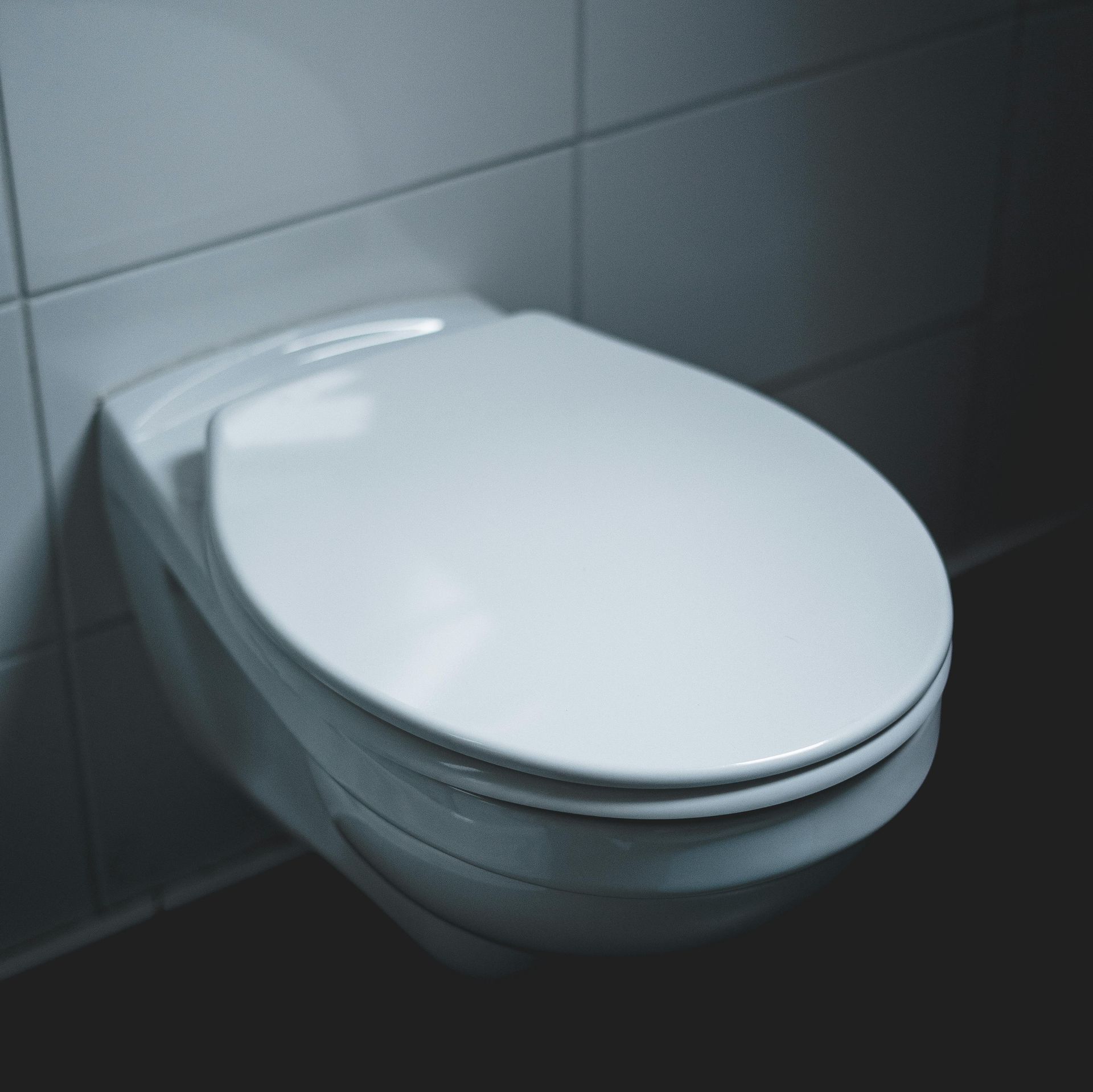
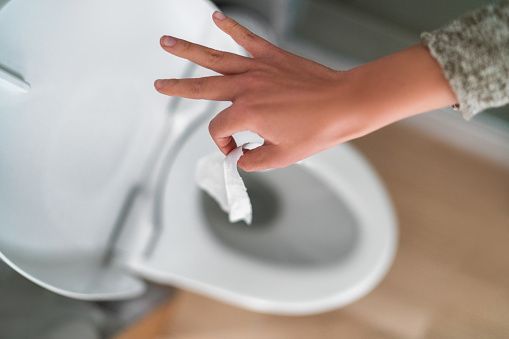
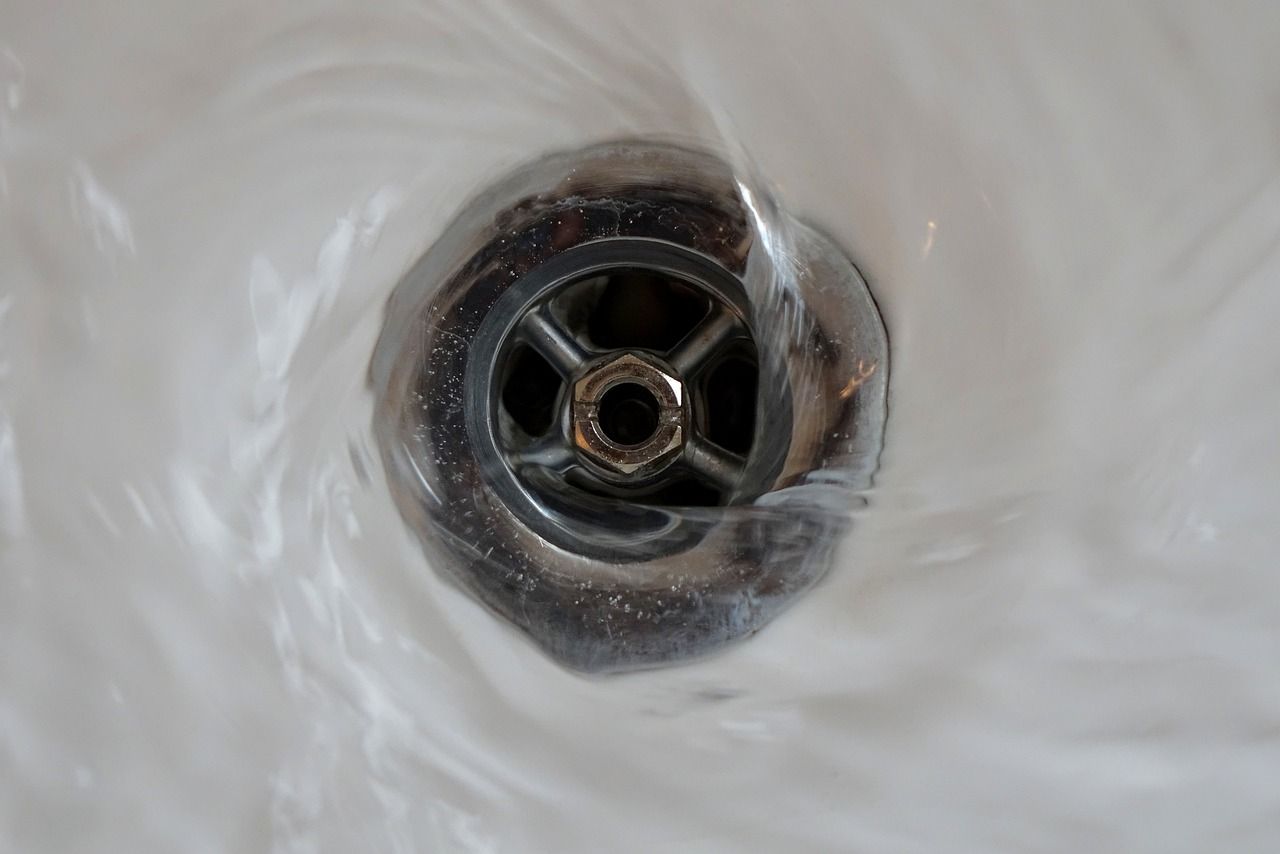

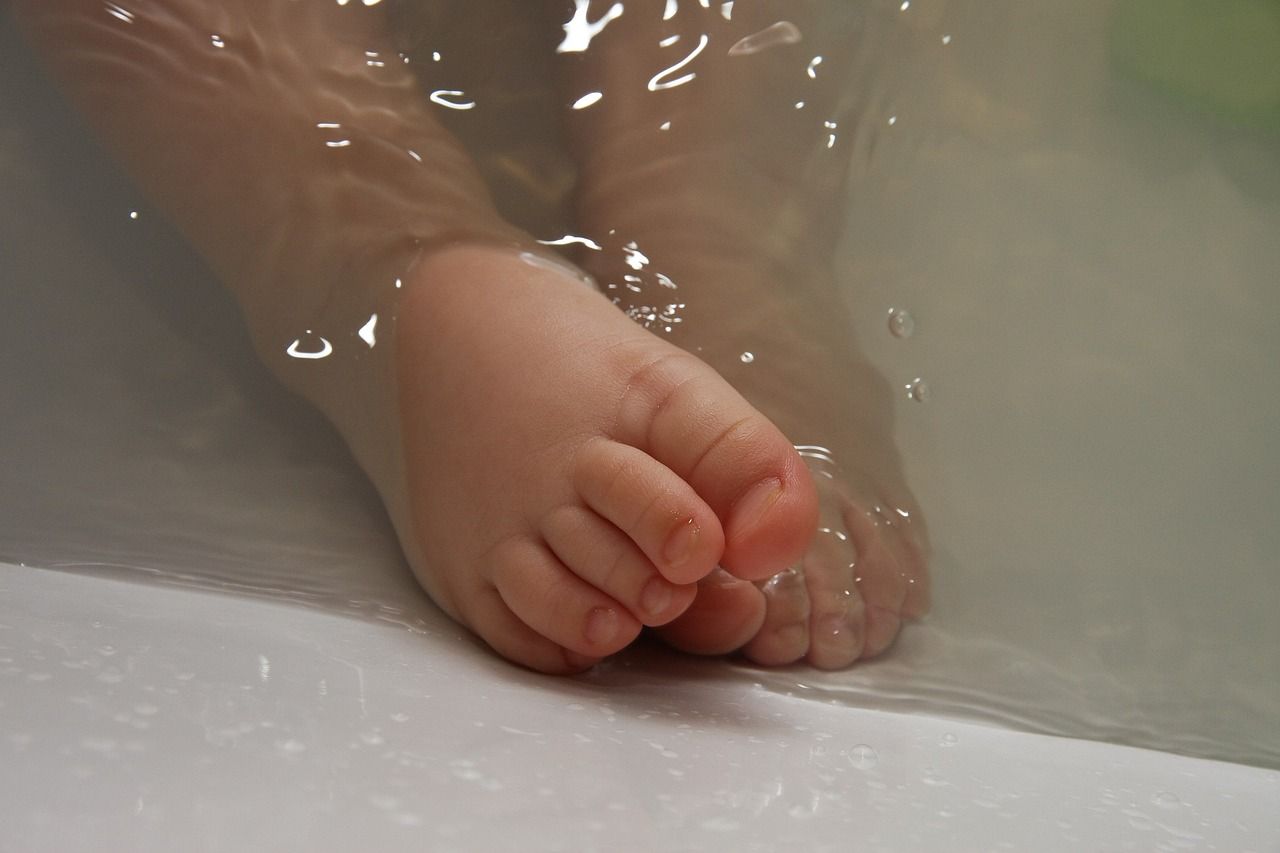

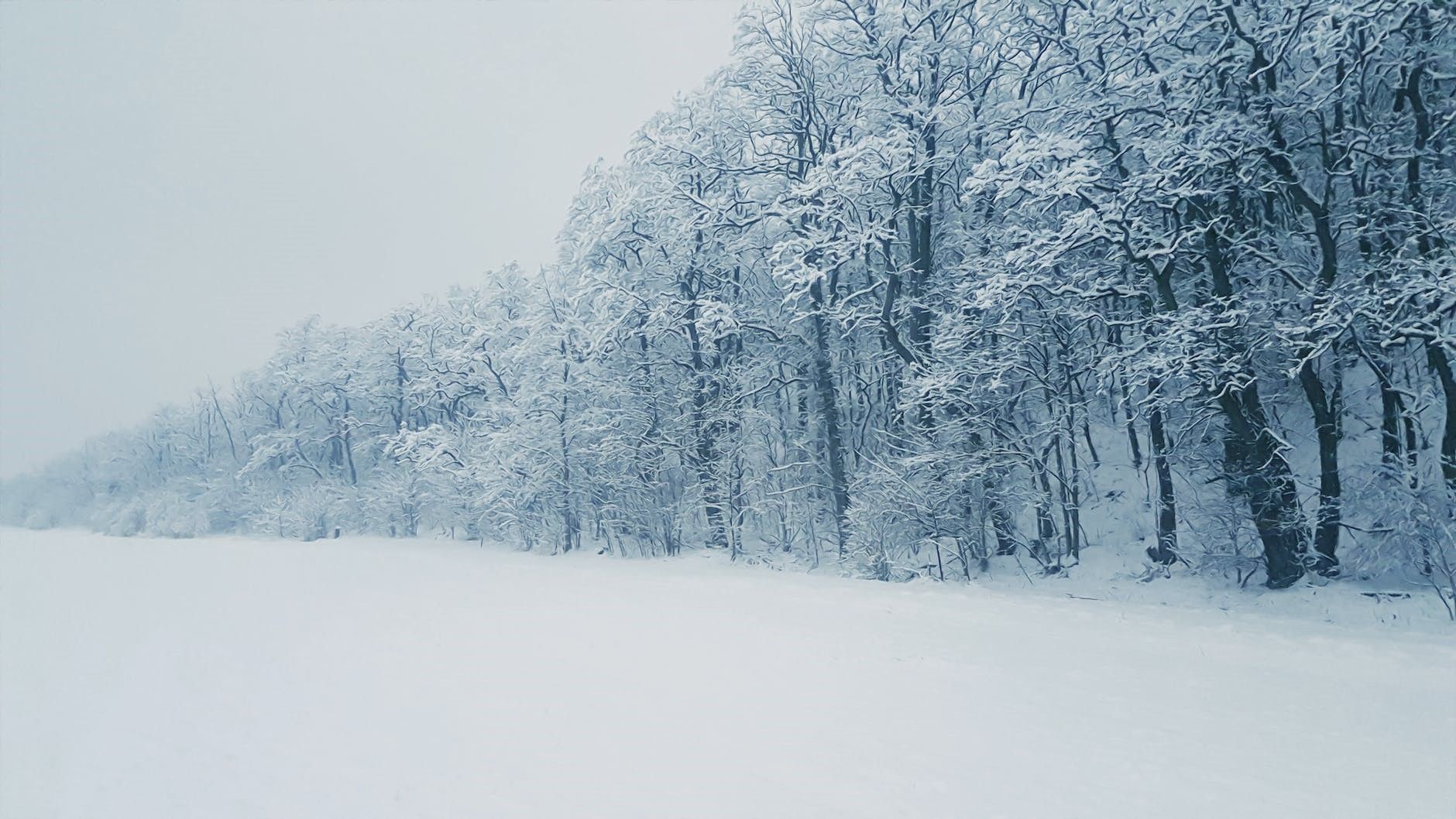
SERVING
and Surrounding Areas

HOURS
Hours:

CONTACT US
Master License # M-39624
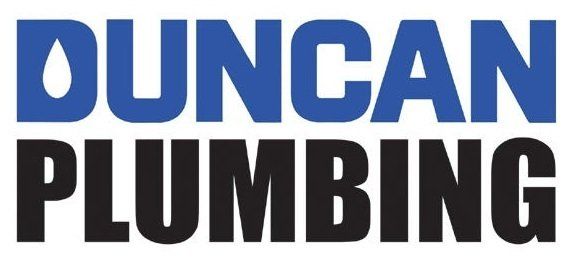

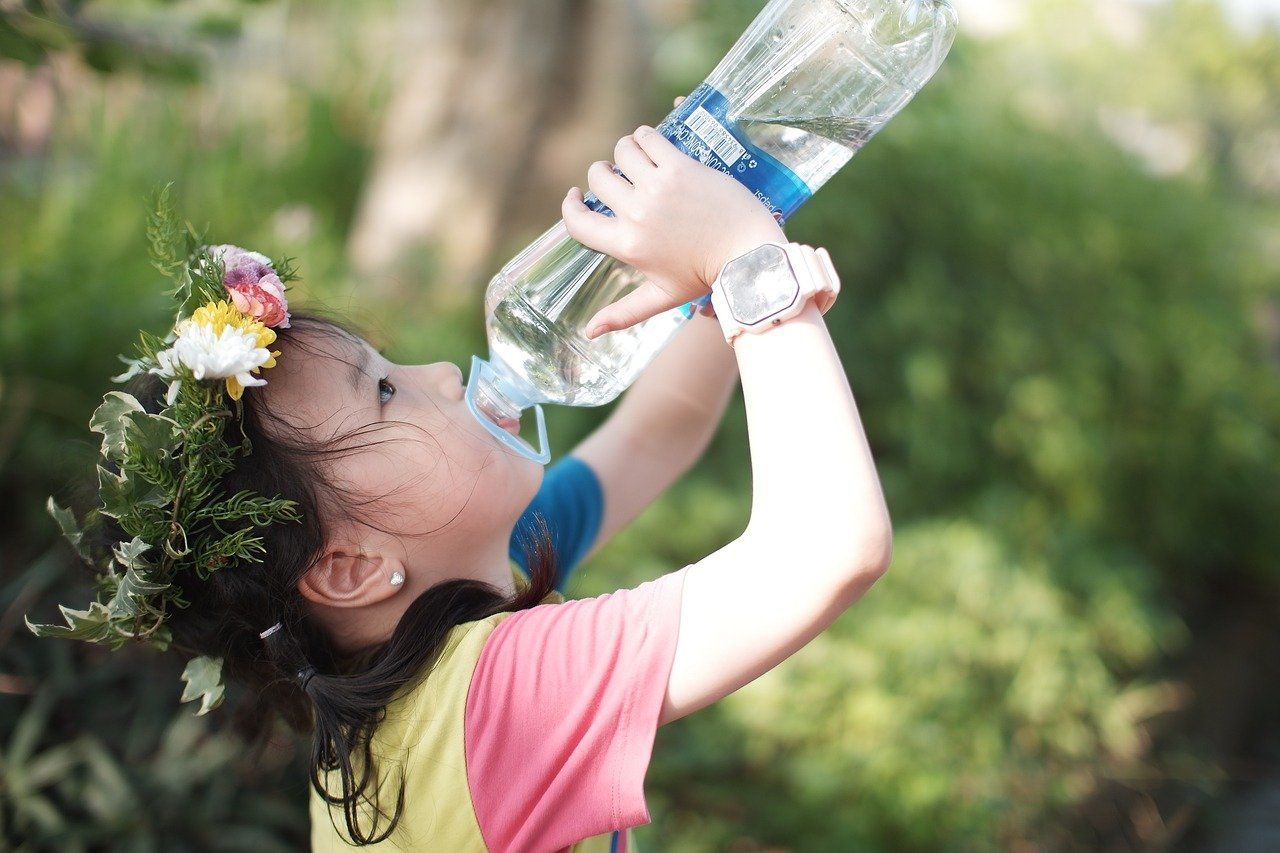
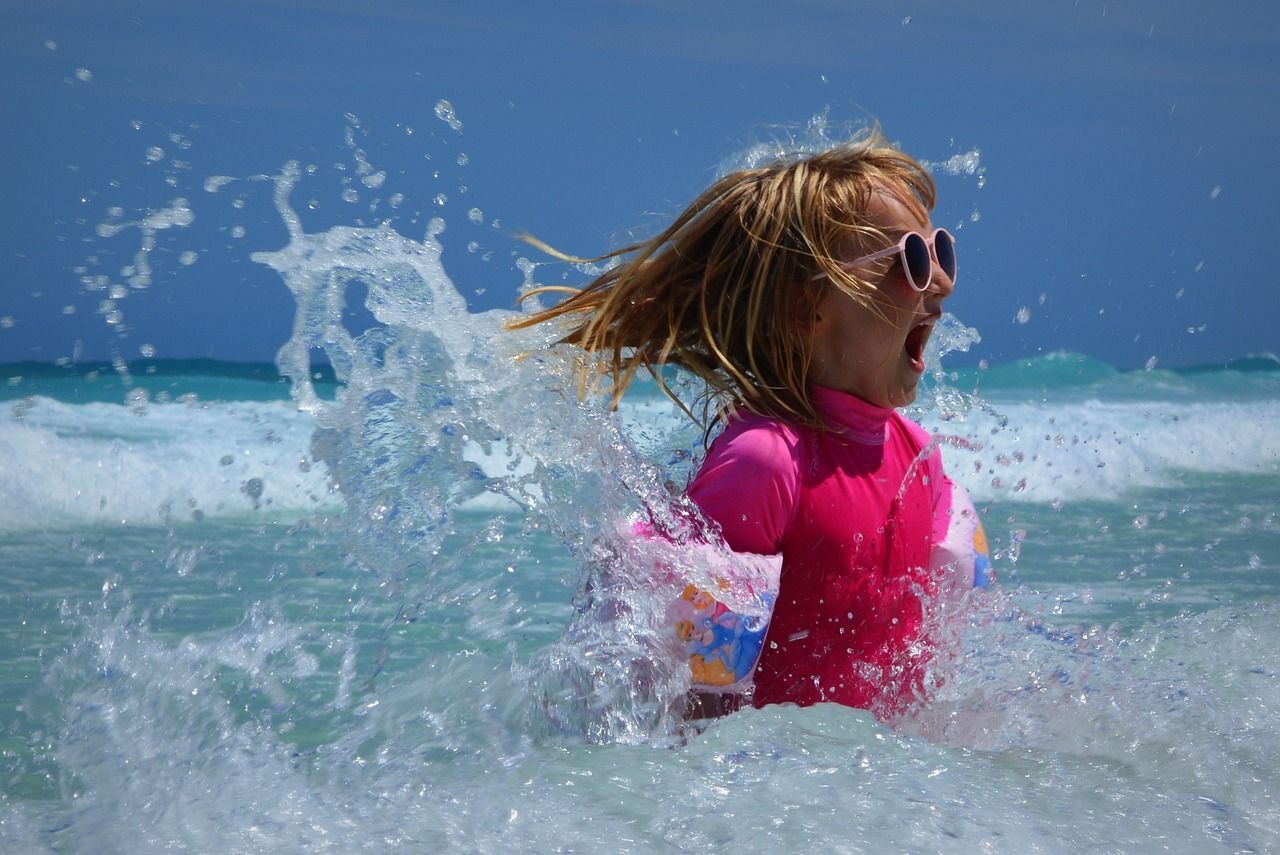



















Share On: